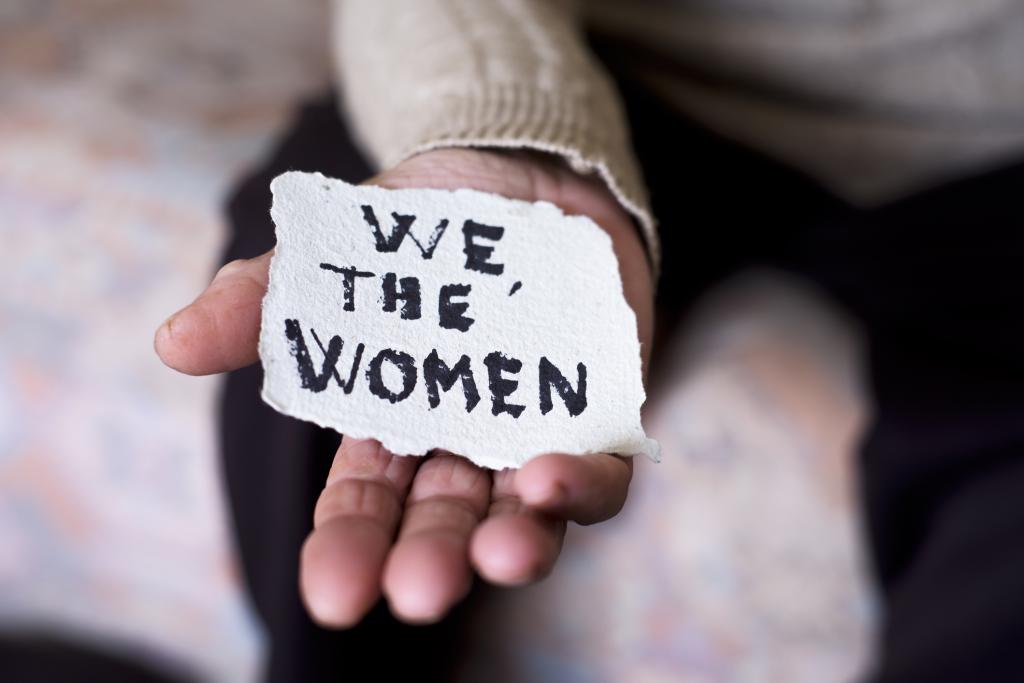As students, professors, researchers and policymakers in Geneva, we tend to focus on the violence that goes on “out there”, in faraway places, in foreign wars and in distant times. However, we do not often reflect on the violence taking place right under our noses. Violence that, although entangled in secrecy, shame and power, impacts women in very real and painful ways.
In Switzerland, one in five women has faced sexual violence, and in the EU one in three women has faced some sort of physical and/or sexual violence. These numbers are low estimates, since sexual violence is severely under-reported due to stigma and general lack of perpetrator accountability.
The everyday violence against women takes many forms: psychological, sexual and reproductive. It can happen at home – where we are supposed to feel safest – in the form of domestic violence or intimate partner violence. It happens in universities, institutions and the workplace, where hierarchical relations of power are exploited. Even in hospitals and clinics (expected places of care), women face obstetric violence and forced sterilisations. And, of course, in public spaces, usually in the form of street harassment.
The #MeToo movement has been central in exposing precisely this. Across geographic, cultural and socioeconomic contexts, women around the world have shown just how widespread and pervasive gendered violence is; how deep it creeps into our society, to such an extent that for decades it was normalised in our everyday life as something that women had to suffer in silence, generation after generation.
On the Day for the Elimination of Violence against Women we must say, “ENOUGH”. This day should remind us of how far we have come in the fight for gender equality and rights for women, but also that much more has yet to be achieved.
Across Europe, sexual violence has been increasingly reported, however, this has not been met with an increase in prosecution and conviction rates. In other words, while more women have been willing to speak up and report sexual violence to the authorities, their cases usually get dropped and never make it to trial. Our institutions are still failing women.
In our current political situation, where the rights and dignity of women are being challenged once again, the movement for gender equality and the elimination of violence against women needs more support than ever. It is not enough for us to not be sexist, we must be anti-sexist. Believe women. Speak up. Challenge patriarchal norms where we see them. Consider the intersection of gender, race and class so no one falls through the cracks.
Gender equality cannot be outsourced or displaced; it is not a goal to be obtained, but something to be practiced in our everyday lives. The fight for the elimination of violence against women starts with us.
This article was written by Ximena Osorio Garate, PhD candidate in International Relations/Political Science. The topic of her thesis is: "Violent Technologies of Reproductive Control and the Production of Sterilizable Bodies".


